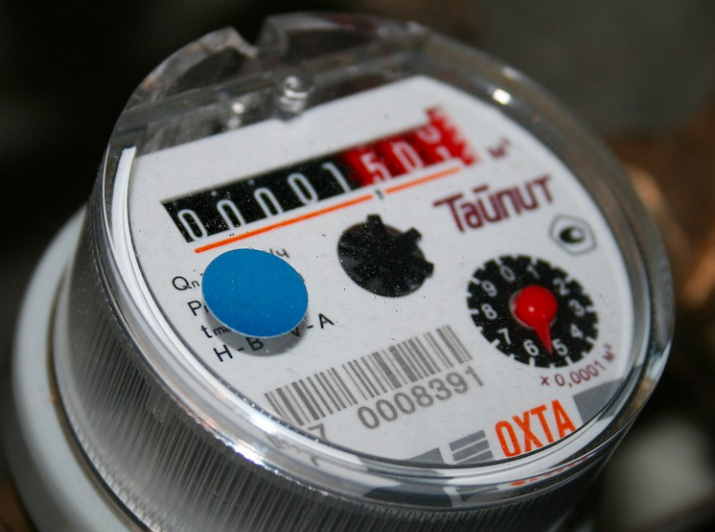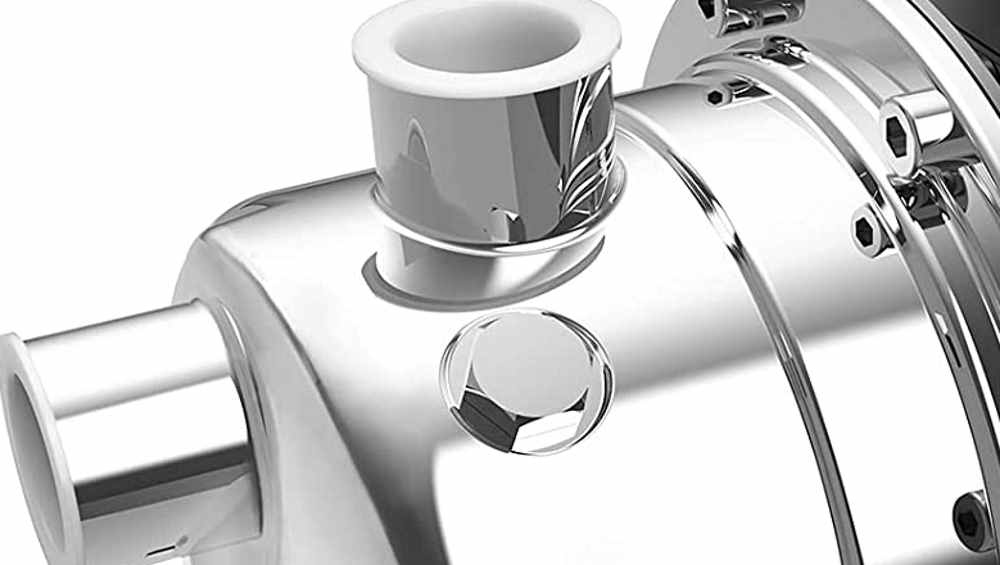Above-ground water pumps could be a better alternative to submersible pumps. Let us explain the difference between single-speed vs variable-speed water pumps.
Above ground water pumps have become increasingly popular among homeowners due to their ease of maintenance and installation. Unlike submersible pumps, which are installed underwater and require professional assistance for maintenance, above ground pumps are easily accessible and can be serviced without the need for professional help.
If you’re considering purchasing a new water pump for your home, here’s what you need to know about the difference between single speed water pumps and variable speed water pumps and where each pump should be used.
Single Speed Water Pumps
Single-speed water pumps are the most commonly used type of above ground water pump. As the name suggests, these pumps operate at a fixed speed, which means that the flow rate of water remains constant. These pumps are typically less expensive than variable speed water pumps and are ideal for applications where consistent water flow is required, such as in swimming pool and spa circulation systems.
Variable Speed Water Pumps
Variable-speed water pumps, on the other hand, can operate at a range of speeds, allowing you to adjust the flow rate of water as needed. This means that you can save energy and money by reducing the speed of the pump when less water flow is needed. These pumps are typically more expensive than single speed pumps, but they can pay for themselves over time with energy savings. Variable speed pumps are ideal for applications where the water flow requirements vary, such as in irrigation systems or for supplying water to multiple outlets at once.
Where Should Each Pump Be Used and Why?
Single speed pumps are ideal for applications where consistent water flow is required, such as in swimming pool and spa circulation systems. They can also be used in situations where the water demand is constant and does not vary significantly over time.
Variable speed pumps are best suited for situations where the water demand varies over time, such as in irrigation systems. They can also be used to supply water to multiple outlets at once, such as in large homes with multiple bathrooms.
Above-ground Pump Water Flow
The water flow rate of an above ground water pump can vary depending on the type of pump and its specifications. Single speed pumps typically operate at a fixed flow rate, which can range from a few gallons per minute (GPM) to several hundred GPM, depending on the pump’s horsepower and other factors. Variable speed pumps, on the other hand, can adjust the flow rate to a range of speeds, which can vary from as low as 10 GPM to as high as several hundred GPM.

When choosing an above ground water pump, it is important to consider the flow rate required for your specific application. This will depend on factors such as the size of your pool or spa, the number of outlets you need to supply water to, and the distance water needs to be pumped.
It is recommended that you consult with a professional to determine the appropriate flow rate for your needs and to select a pump that can deliver the required flow rate efficiently.
Calculating Water Flow Rate
To calculate the flow rate of an above ground water pump, you will need to know the pump’s horsepower (HP) and the total dynamic head (TDH) of the system. TDH is a measure of the resistance to flow in a piping system and includes factors such as the height of the pump above the water level, the length and diameter of the pipes, and any valves or fittings in the system. Once you have this information, you can use the following formula to calculate the flow rate in gallons per minute (GPM):
GPM = (HP x 3960) / TDHFor example, if you have a 1.5 HP above ground water pump with a TDH of 50 feet, the flow rate would be:
GPM = (1.5 x 3960) / 50 = 118.8 GPMKeep in mind that this is a theoretical maximum flow rate and may be affected by factors such as pipe diameter and friction losses. It is important to consult with a professional to determine the appropriate flow rate for your specific application and to ensure that your pump is operating efficiently.
Durability
Durability is an important consideration when choosing an above ground water pump. In general, the durability of a pump depends on its construction quality, materials used, and maintenance practices. Here are some factors to consider when evaluating the durability of an above ground water pump:
- Construction Quality: Look for a pump with a sturdy, corrosion-resistant housing that can withstand exposure to the elements. Pumps with high-quality seals and bearings are less likely to leak or fail prematurely.
- Materials: Pumps made with high-quality materials, such as stainless steel, are typically more durable than those made with lower quality materials. Look for pumps that use materials that are resistant to corrosion and wear.
- Maintenance: Proper maintenance can greatly extend the life of an above ground water pump. Regular cleaning, lubrication, and replacement of worn parts can help prevent premature failure.
When comparing different above ground water pumps, be sure to evaluate their durability based on these factors. Look for pumps with a track record of reliability and longevity, and be prepared to invest in a high-quality pump that will provide reliable service for years to come.
Conclusion
In summary, above ground water pumps are an excellent alternative to submersible pumps, with the added benefit of being easily accessible for maintenance. When deciding which pump to purchase, consider the application and water flow requirements, as well as your budget. Single speed pumps are best suited for applications with consistent water flow, while variable speed pumps are ideal for situations where the water demand varies over time.
